By / Abeer Almadawy
In a significant diplomatic event, Saudi Arabia and France successfully co-hosted a high-level conference on the two-state solution, which culminated in the adoption of the New York Declaration.
While the declaration is a clear sign of growing international pressure on Israel, the conference itself did not produce a novel solution to the conflict. Rather, it represents a new diplomatic reality driven by the collective will of the international community and the crucial leadership of France, while highlighting the limitations of Saudi Arabia’s own aspirations for leadership.
What’s the Difference and What Are the Expectations?
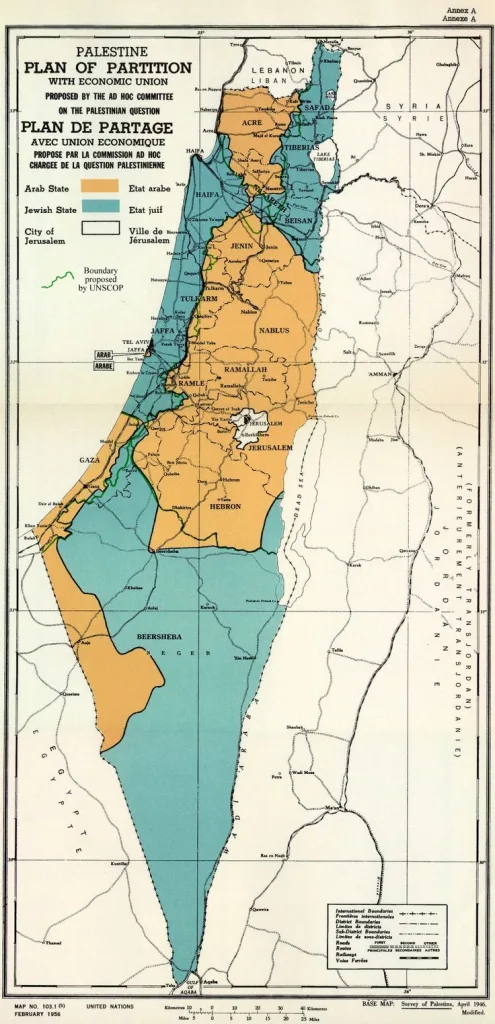
The key difference of this conference is not in its core message—the two-state solution has been the bedrock of international diplomacy for decades—but in the new diplomatic coalition that championed it. The conference has created a new level of pressure on Israel by demonstrating a strong and unified international consensus.
* A “New Low” for Israel and the US:
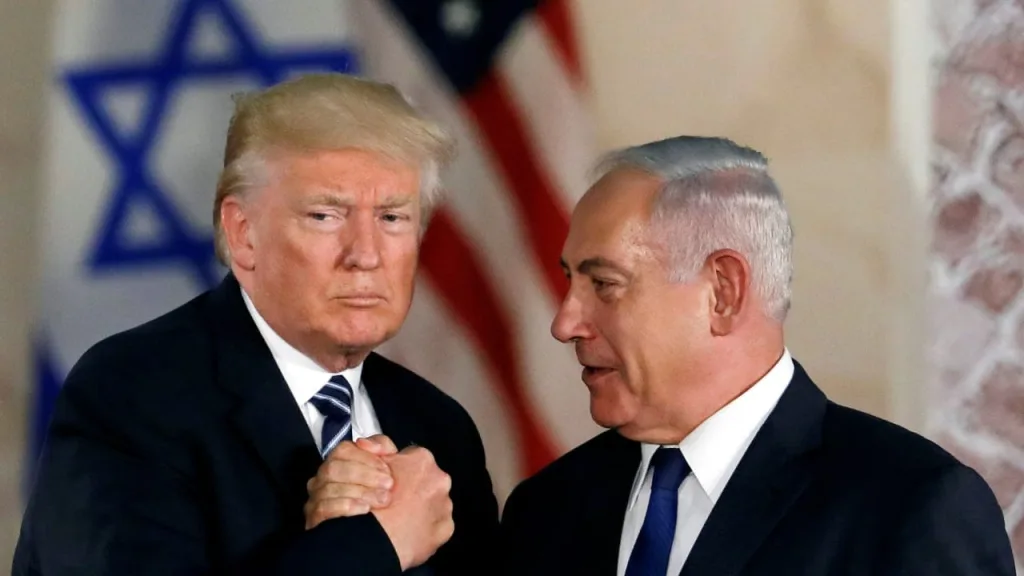
The conference, and the subsequent recognition of Palestine by France and other European nations, has further isolated Israel. The U.S. government’s decision to boycott the conference and vote against the declaration has created a growing rift with its traditional allies, with President Trump’s administration being criticized for its refusal to engage in meaningful diplomatic efforts.
* The New French-Saudi Deal:
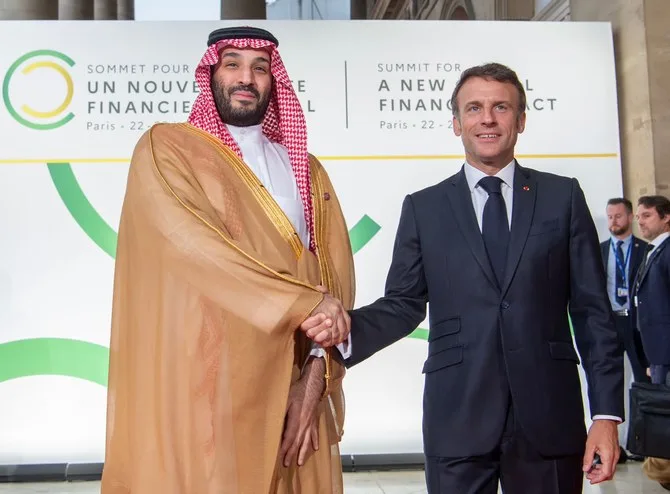
The conference also served as a platform for a new, detailed roadmap for peace. The French-Saudi plan outlines a phased approach that includes an immediate ceasefire, the release of all hostages, and the establishment of a Palestinian state with international assistance. The plan calls for the disarmament of Hamas and its exclusion from governance, a step that both France and Saudi Arabia see as crucial for a viable Palestinian state.
* A Catalyst for International Action:
While the declaration is non-binding, its overwhelming support has created a moral and political imperative for action. Expectations are high that the declaration will lead to a renewed push for a permanent ceasefire, the unhindered delivery of humanitarian aid, and the deployment of a temporary international stabilization mission in Gaza.
France and Saudi Arabia’s New Deal
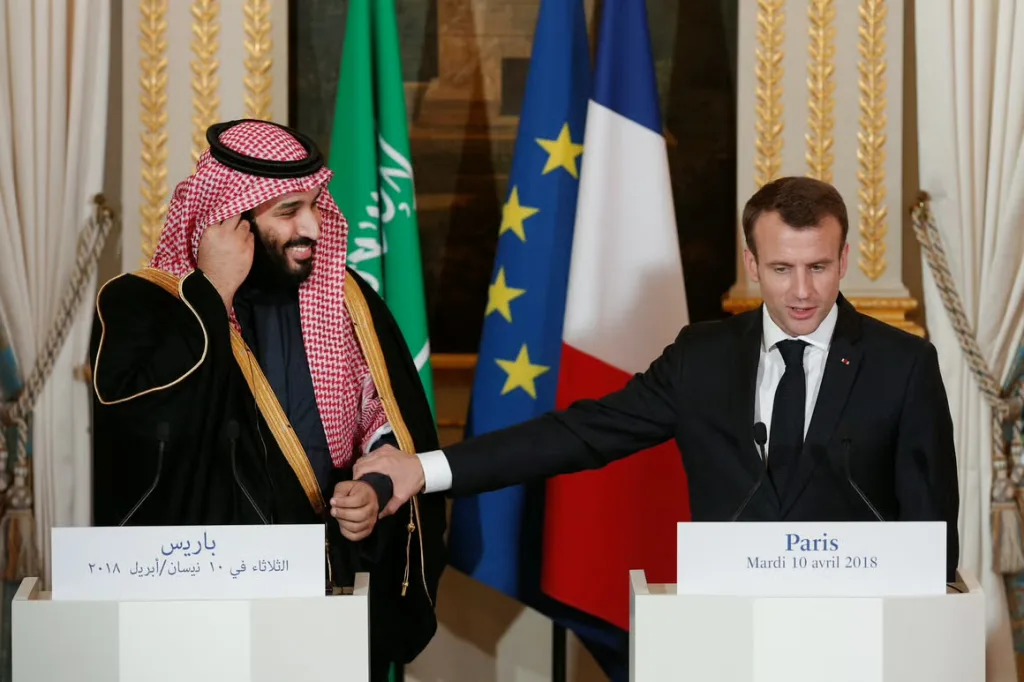
The new deal between France and Saudi Arabia, in the context of this conference, is a strategic partnership that leverages both nations’ unique strengths. For France, it provides an opportunity to reassert its influence in the Middle East and to lead a multilateral effort that stands in contrast to the U.S.’s “America First” approach.
France’s formal recognition of Palestine, which was followed by other European nations, was a powerful symbolic act that gave the conference momentum and credibility.
For Saudi Arabia, the partnership with France allows it to take a leadership role on a high-profile international stage without having to develop a new and untested diplomatic framework on its own. It is a calculated move that allows the Kingdom to burnish its image as a modern, responsible global player while distancing itself from its past.
This new deal, however, is a departure from the traditional model of Arab mediation led by Egypt, which has historically been the region’s chief diplomat.
In essence, the conference and the “new deal” are not a radical departure from past efforts. Instead, they represent a significant escalation of diplomatic pressure on Israel, an acknowledgment of France’s renewed assertiveness, and a strategic attempt by Saudi Arabia to reposition itself in the Middle East. The true test of this new reality will be whether the New York Declaration can be translated into concrete action on the ground.
Essay in Depth;
Saudi Arabia new paper in the UN Conference
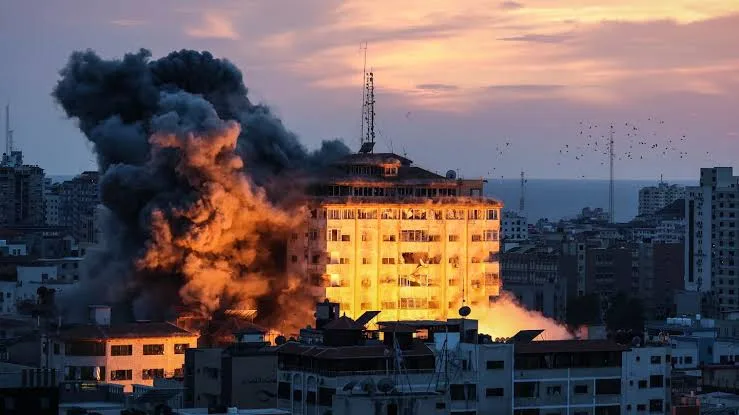
Yes, Saudi Arabia succeeded in forming a major UN conference on a two-state solution for Israel and Palestine. The conference, co-hosted with France, led to the adoption of the New York Declaration, a document that calls for a two-state solution and received widespread international support. The declaration was adopted by 142 of the 193 UN member states, with 10 voting against and 12 abstaining.
Expectations After the Conference
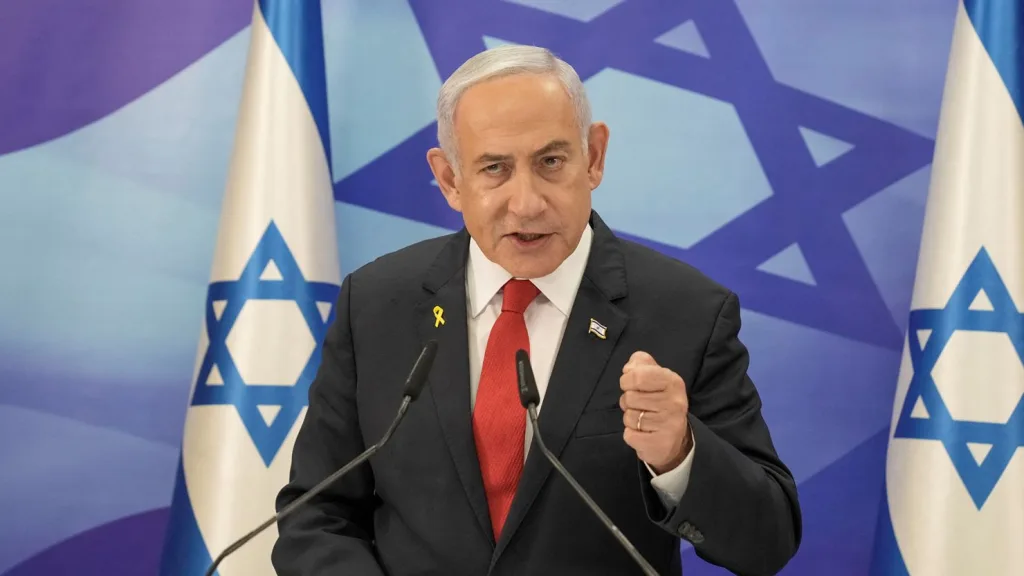
The UN conference and the New York Declaration have created a new diplomatic reality. While the declaration is non-binding, its overwhelming support reflects a strong global consensus that is putting immense pressure on Israel to change its policy.
The key expectations after the conference are:
* Increased Diplomatic Isolation for Israel:
The conference and the subsequent vote have highlighted Israel’s growing diplomatic isolation. Countries that were once staunch allies, like France and the United Kingdom, have formally recognized Palestine, with others signaling they may soon follow.
This has created a new diplomatic reality where Israel’s long-standing efforts to prevent the recognition of a Palestinian state have unraveled.
* A “New Low” in Relations with the US:
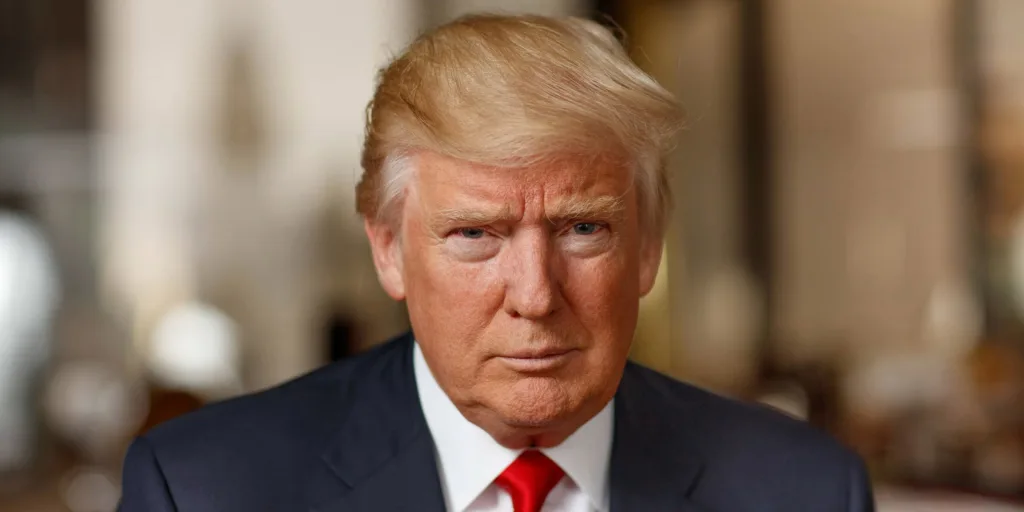
The United States, which boycotted the July conference and voted against the New York Declaration, is also facing a dilemma. The U.S. government has refused to grant visas to members of the Palestinian delegation, with President Trump denouncing the recognition of Palestine as a “reward for Hamas.” This is creating a growing rift with its traditional European allies and is being seen as a new low in U.S. foreign policy on the issue.
* Renewed Push for a Ceasefire and Reconstruction:
The New York Declaration also calls for an immediate and permanent ceasefire, the release of all hostages, and the unhindered delivery of humanitarian aid to Gaza. It also proposes the deployment of a temporary international stabilization mission in Gaza to ensure security and support reconstruction.
Saudi Arabia’s Role and the Challenge of Radical Islam
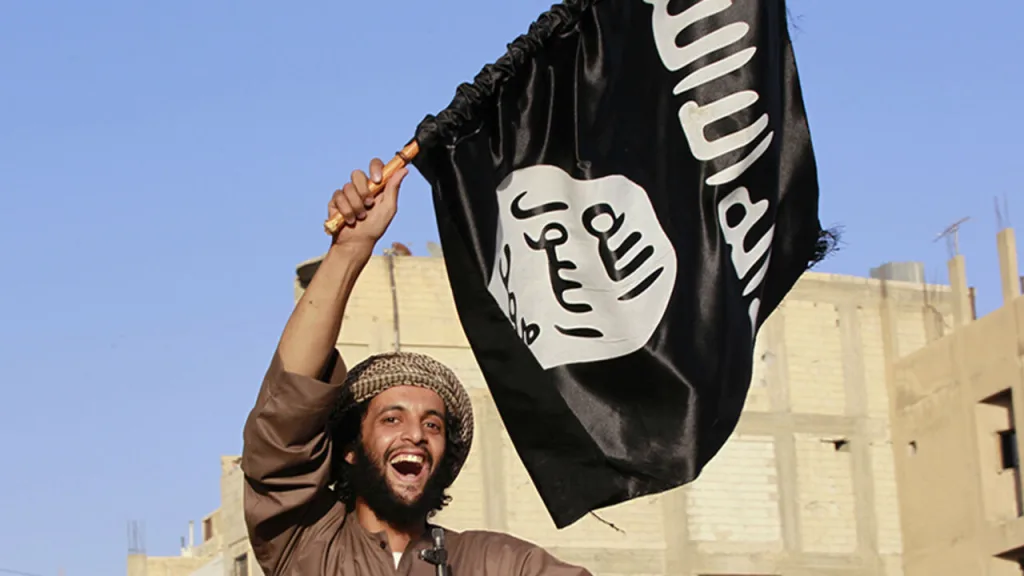
Saudi Arabia’s leadership in this UN initiative marks a significant effort to take a more proactive and influential role in the Middle East, challenging the traditional leadership role held by Egypt.
Saudi Arabia, under Crown Prince Mohammed bin Salman (MBS), has adopted a new, more assertive foreign policy that seeks to mediate conflicts and strengthen regional stability. This is a clear shift from its historically reactive foreign policy.
However, Saudi Arabia’s diplomatic efforts are often criticized for being at odds with its historical promotion of radical Islamic teachings, a legacy that has been tied to extremist ideologies.
While the Saudi government has recently taken measures to combat extremism at home and reduce its dissemination abroad, some critics argue that the Kingdom’s past policies have created a climate of radicalization that it now struggles to contain. For Saudi Arabia to succeed in its new leadership role, it must demonstrate a fundamental break from its past by promoting a more tolerant form of Islam and ensuring its foreign policy aligns with its stated goals of regional stability.
Comparison with Egypt’s Role
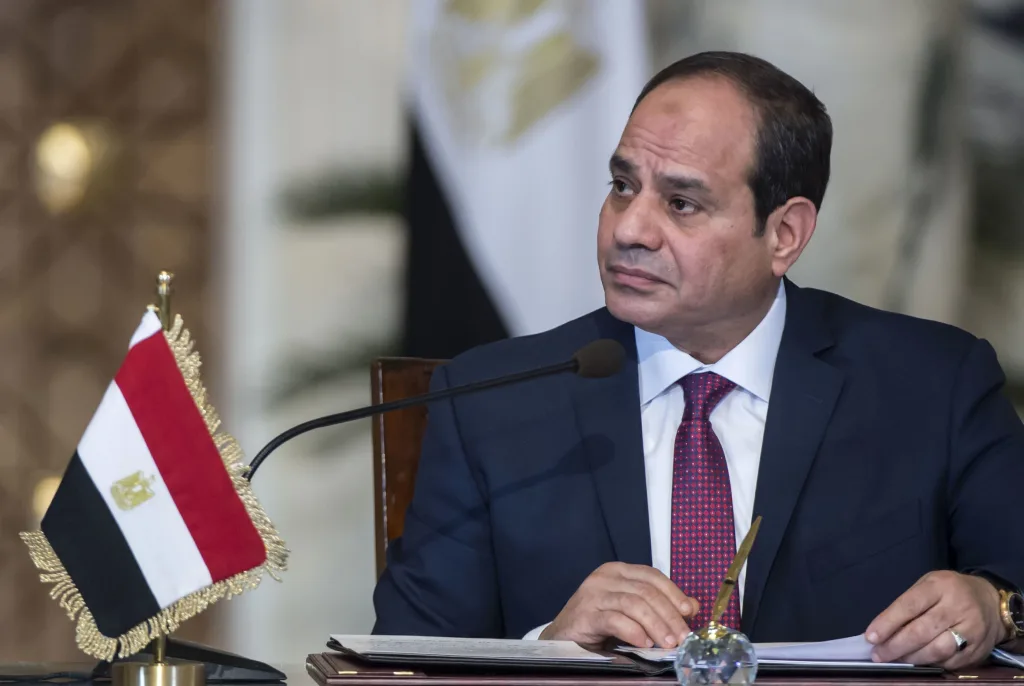
Historically, Egypt has played the primary role of a mediator in the Middle East, particularly in the Israeli-Palestinian conflict, largely due to its geographic position and its role as the first Arab state to sign a peace treaty with Israel. Egypt’s approach has often been characterized by quiet diplomacy aimed at de-escalation and maintaining the status quo. In contrast, Saudi Arabia’s recent actions are a departure from this approach, as they are now leading a public, high-profile diplomatic push for a political solution.
This assertive stance is positioning Saudi Arabia as a leading voice in the region, one that is not afraid to challenge the established order and take on complex geopolitical issues head-on.
As the Saudi Arabia’s recent diplomatic foray, culminating in a major UN conference on the two-state solution, has been hailed by some as a bold and necessary step toward a new era of regional leadership. Co-hosting the event with France and securing the overwhelming adoption of the New York Declaration, the Kingdom has seemingly emerged from the shadows to play a central role in resolving a conflict where its influence has long been questioned. Yet, this success is not a groundbreaking achievement for Saudi policy, nor does it absolve the Kingdom of its past. This diplomatic victory is more of a testament to the collective will of the international community and the crucial role played by France, while highlighting the inherent contradictions in Saudi Arabia’s claim to moral leadership.
A New Stage for an Old Problem
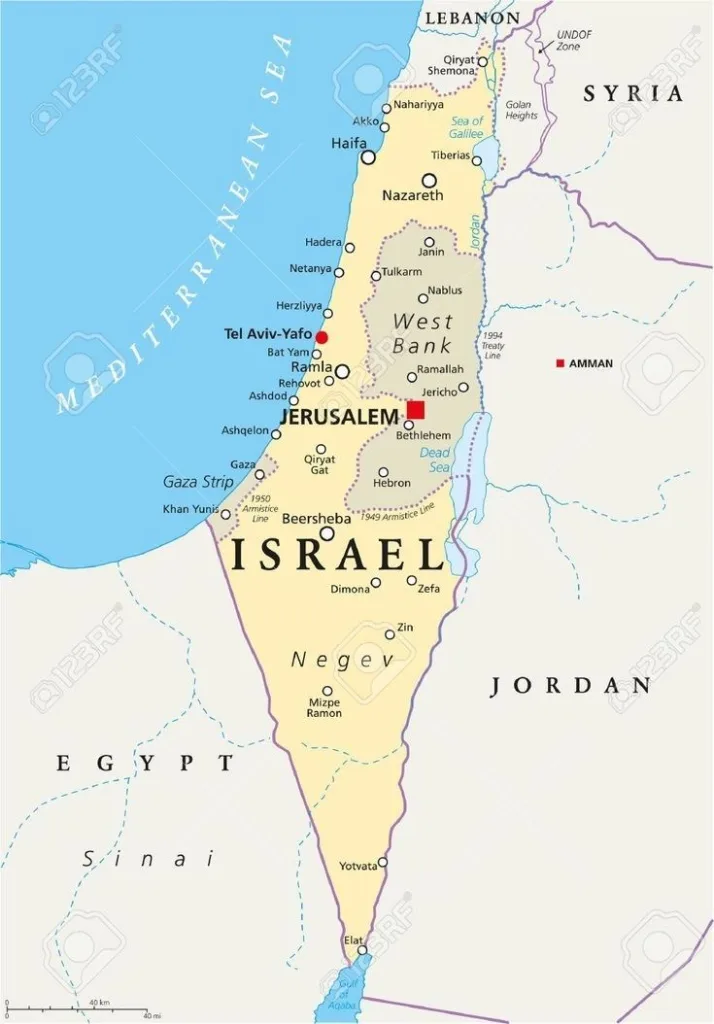
For decades, the mantle of Arab peacemaker in the Israeli-Palestinian conflict has rested firmly on the shoulders of Egypt. Leveraging its geographic proximity to Gaza and its status as the first Arab nation to sign a peace treaty with Israel, Cairo has long been the indispensable mediator. Egypt’s diplomacy has been characterized by its pragmatic, behind-the-scenes approach, focused on de-escalation and managing the status quo. In contrast, Saudi Arabia’s recent public push is a departure from this traditional model. While its leadership of a high-profile UN conference may seem like a bold new step, it does not offer a new or different solution.
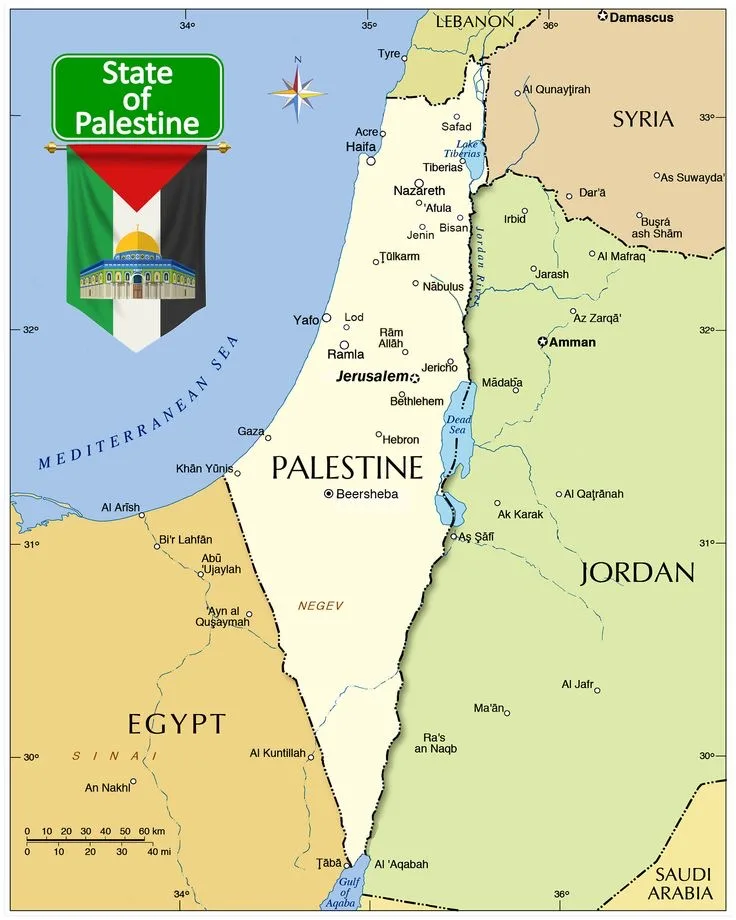
The “two-state solution” is the same framework that has been the basis of negotiations for over three decades. Without a change in the core positions of the parties on the ground, a UN declaration, however widely supported, is unlikely to have a tangible impact. The conference, therefore, serves as more of a symbolic gesture than a substantive breakthrough.
The Legacy of Radicalism
Saudi Arabia’s ambition to be a leader in regional peacemaking is at odds with its long history of promoting a form of Islamic extremism that has been a root cause of global terrorism. For decades, the Kingdom’s vast network of mosques, schools, and charities worldwide has been a primary source of Wahhabism, a puritanical interpretation of Islam that has provided the theological foundation for groups like Al-Qaeda and the Islamic State. The fact that 15 of the 19 hijackers on 9/11 were Saudi nationals remains a stark reminder of the deep connection between the Kingdom and the rise of radicalism. While the Saudi government has recently taken steps to combat extremism at home and modernize its image, it remains deeply responsible for the global terrorism that stems from its historical export of radical ideas.
Furthermore, Saudi foreign policy has at times appeared to serve as a contradictory force. The Kingdom’s support for armed groups in Syria to counter Iranian influence, for example, placed it in a de facto alliance with extremist elements and, indirectly, with Israel, which viewed the Syrian regime as a threat. By funding and arming factions that sought to undermine Iran’s proxies, Saudi Arabia was, in effect, acting as a regional counterweight, a position that arguably put it in closer alignment with Israel’s strategic interests than with the Palestinian cause. This transactional approach further erodes the credibility of its claim to a new, moral leadership role in the Middle East.
The Crucial French Role and the Power of Conscience
The success of the UN conference was not solely due to Saudi Arabia’s involvement. The French role was, in many ways, indispensable. France, along with its European allies, has been a key driver of the push for a two-state solution in recent years.
At the conference, French President Emmanuel Macron formally recognized the State of Palestine, a symbolic but powerful act that gave the conference significant momentum. This was followed by similar recognitions from Britain and other European nations, underscoring a coordinated diplomatic effort that would have been far less impactful without France’s leadership.
The Palestinian issue, at its core, is a deeply human one that speaks to the “consciousness of people and world leaders.” The conference’s success was not a result of a new political framework or a novel diplomatic maneuver, but rather the overwhelming international sentiment that the suffering of the Palestinian people must end. This collective recognition, sparked by a humanitarian crisis of unprecedented scale, has put renewed pressure on the international community to take action.
This moral conscience, led by nations like France, was the true catalyst for the conference’s success, overshadowing Saudi Arabia’s political maneuvering. Until Saudi Arabia fully reckons with its past and takes concrete steps to rectify the consequences of its historical policies, its claims to a new, more responsible leadership role will be viewed with skepticism.
